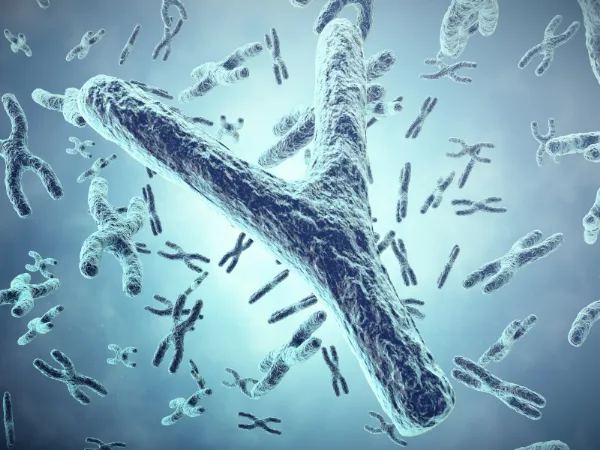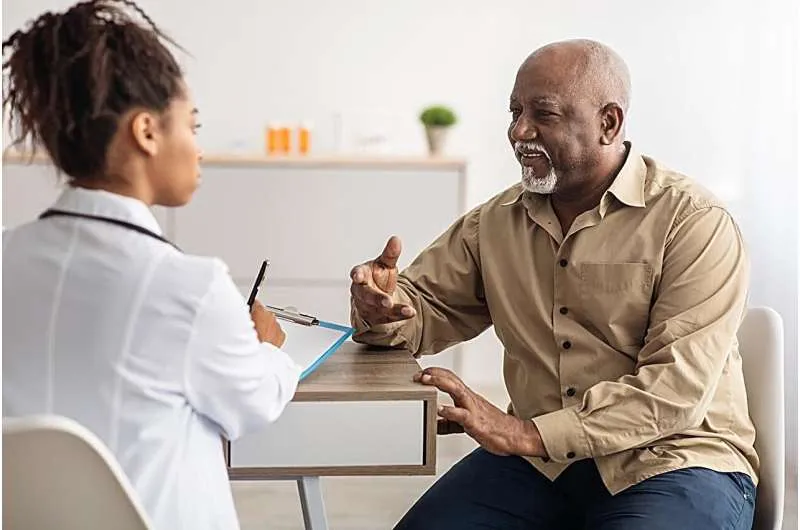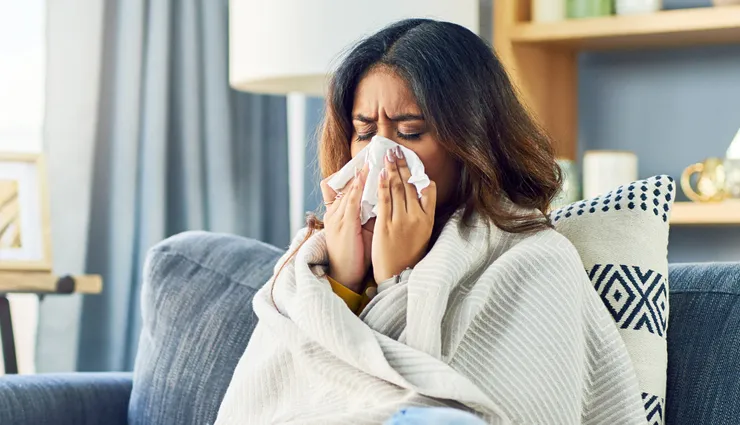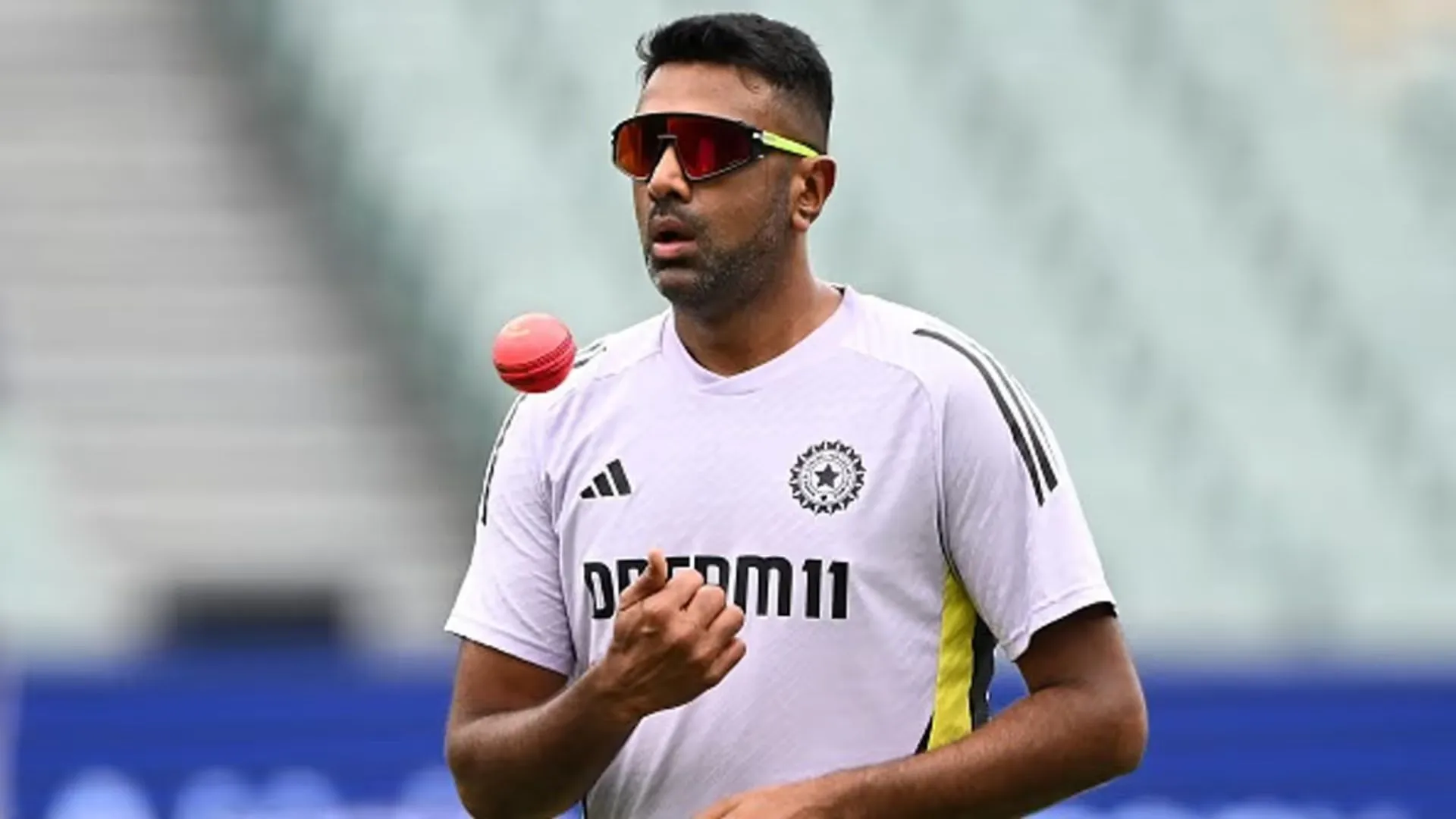A research carried out at Rajiv Gandhi Cancer Institute and Research Centre Delhi (RGCIRC) has revealed wide usage of complementary and alternative medicine (CAM) amongst cancer patients in India. The study has also demonstrated a direct correlation between psychological distress and the usage of CAM therapies amongst cancer patients.
As many as 303 patients undergoing cancer treatment at RGCIRC aged between 15 to 88 years were included in the study which was carried out through an in-depth interview.
More than a third (104 participants) responded positively to taking CAM therapies. Out of these (61%) had taken these therapies alternatively, before coming to the hospital for conventional treatment and (39%) were still taking these therapies in complementary manner. Ayurveda was the most preferred form of therapy chosen by (85%) for both groups. The majority of the participants belonged to either middle or lower-middle-class families (56% and 35%) respectively.
Patients were also screened using a tool which is Distress Thermometer (DT) developed by NCCN. This tool measures patients’ subjective reports on the level and severity of Cancer related distress on a scale of 0 to 10, where ‘0’ means no distress and ‘10’ reflects extreme distress. The study revealed significant psychological distress in a majority (79%) of all patients.
“A significant correlation was found between level of psychological distress with the use of CAM therapies meaning that with increasing levels of psychological distress, patients tend to choose CAM more often”, said Dr. Vineet Talwar, Director Medical Oncology RGCIRC who headed the team of oncologists and psychologists undertaking the study.
Interestingly, awareness of cancer diagnosis and its prognosis was found to relieve psychological distress.
Taking recourse to CAM therapies before standard treatment may also explain the delay in diagnosis of cancer, added Dr. Talwar.
Top influencing factors for taking CAM therapies were ads on radio, TV, the Internet and Newspaper (44%), suggestions from family and relatives (31%) and suggestions by fellow patients (19%).
Although, the majority (81%) of the patients felt that there were no side effects associated with CAM therapies, however surprisingly enough, less than half of them (40%) were satisfied with such therapies.
In a breakthrough, the use of such therapies was completely shielded from treating oncologists by almost all of patients and, oncologists on their part never enquired about CAM with their patients.
Although the usage of CAM is generally more in developing countries, the latest evidence suggests that this form of treatment is also getting worldwide escalation as evidenced by a national health survey from the USA.
In 2007, for example, showed a considerable increase in the popularity of different CAM therapies, such as acupuncture and naturopathy, over the last few years irrespective of age and social status. Another similar health survey conducted in 2010 from the UK found that more than one-third of patients used some form of complementary therapy while using prescribed drugs.
“Complementary and Alternative Medicines remain the popular choices of treatments among the Indian population and have been reported by some major studies. However, the use and prevalence of such treatments need more extensive exploration and documentation, significantly in the field of oncology. Our research will certainly pave the path for more such exploratory studies and help understand psycho-social issues surrounding treatment of cancer”, concluded Dr. Talwar.























